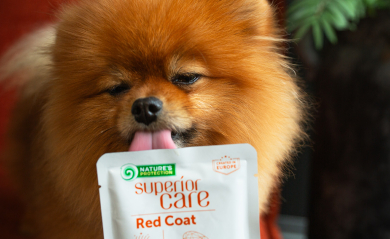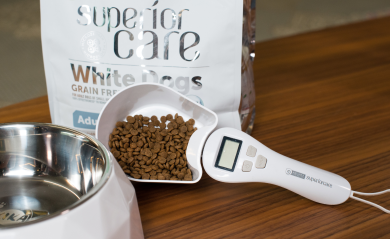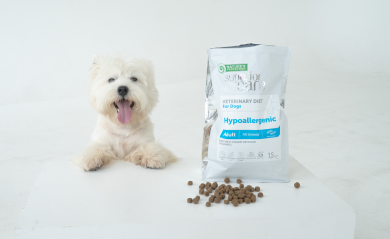Hairballs in Cats: Causes, Risks, and Prevention Tips
Cats are known for their meticulous grooming habits. With their rough tongues, they clean their fur, removing loose and dead hair. While this grooming behavior is essential for a cat's hygiene, it can sometimes lead to a common feline issue – hairballs. In this blog post, we'll delve into why cats cough up hairballs, the potential risks associated with them, and how you can help prevent this common problem.
Why Do Cats Cough Up Hairballs?
When cats groom themselves, they inevitably swallow some of the loose hair they remove from their coats. While most of this hair passes through the digestive system without any issues, a significant amount can accumulate in the stomach and form a hairball. Here's a step-by-step breakdown of the process:
-
Ingestion of Hair: Cats ingest loose hair while grooming.
-
Hair Accumulation: The ingested hair forms a ball in the stomach due to its indigestible nature.
-
Coughing Up the Hairball: To remove the hairball, the cat will cough, retch, or gag until the hairball is expelled through the mouth.
Risks Associated with Hairballs
While occasional hairball expulsion is a natural part of a cat's grooming process, frequent or severe hairballs can pose several risks to your cat's health:
-
Gastrointestinal Blockage: Hairballs can cause blockages in the digestive tract, leading to discomfort, vomiting, and potentially severe health issues.
-
Loss of Appetite: A large hairball can take up space in the stomach, making your cat feel full and reducing their appetite.
-
Chronic Coughing or Gagging: Frequent hairball formation can lead to chronic coughing, gagging, or retching, causing distress and discomfort for your cat.
How to Prevent Hairballs
Fortunately, there are several effective ways to help reduce the frequency and severity of hairballs in your cat:
1. Regular Grooming
Regularly brushing your cat can help reduce the amount of loose hair that your cat ingests while grooming. This is particularly important for long-haired breeds. By removing loose fur before your cat can ingest it, you can significantly reduce the risk of hairball formation.
2. Hairball Control Foods
Specialized cat foods formulated to help control and reduce hairballs are available in the market. These foods usually contain higher amounts of fiber to help move hair through the digestive system more efficiently. Incorporating these into your cat's diet can help reduce hairball formation.
3. Hairball Remedies
There are various hairball remedies available in the form of gels, pastes, or treats that can help facilitate the passage of hair through the digestive system. These products can be particularly useful for cats that are prone to hairball formation.
4. Increase Water Intake
Ensure your cat has access to fresh water at all times. Adequate hydration can help with digestion and the passage of hair through the digestive tract. Encouraging your cat to drink more water can help prevent hairballs and maintain overall digestive health.
5. Regular Exercise
Regular play and exercise can help stimulate your cat's digestive system and help prevent hairball formation. Engaging your cat in interactive play sessions can not only provide physical and mental stimulation but also aid in digestion.
6. Regular Vet Check-ups
Regular veterinary check-ups can help identify any underlying issues that may contribute to hairball formation or other digestive problems. Your veterinarian can provide tailored advice and recommend appropriate treatments or dietary changes to help manage and prevent hairballs.
7. Consult Your Veterinarian
If your cat frequently suffers from hairballs, consult your veterinarian for advice tailored to your cat's specific needs. Your vet may recommend dietary changes, prescribe medication, or suggest further diagnostic tests to identify any underlying health issues contributing to hairball formation.
Conclusion
Hairballs are a common issue faced by many cat owners due to their grooming habits. While occasional hairball expulsion is natural, frequent or severe hairballs can pose health risks to your cat. By understanding the causes, risks, and preventive measures, you can take proactive steps to help reduce hairball formation and ensure the health and well-being of your feline friend.
Remember, if your cat is unable to pass a hairball, shows signs of distress, or if you notice a significant change in their behavior or eating habits, it's essential to consult your veterinarian as soon as possible. With proper care, attention, and preventive measures, you can help keep your cat happy, healthy, and hairball-free!

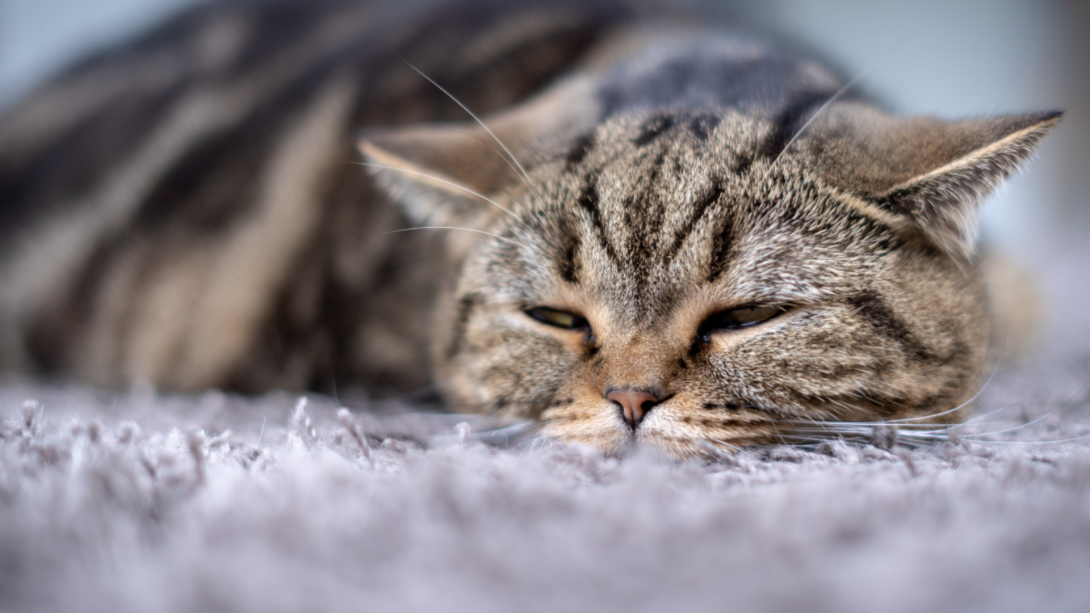
 July 02, 2024
July 02, 2024
 0 comments
0 comments



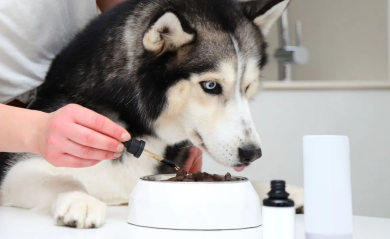
 March 26, 2025
March 26, 2025
